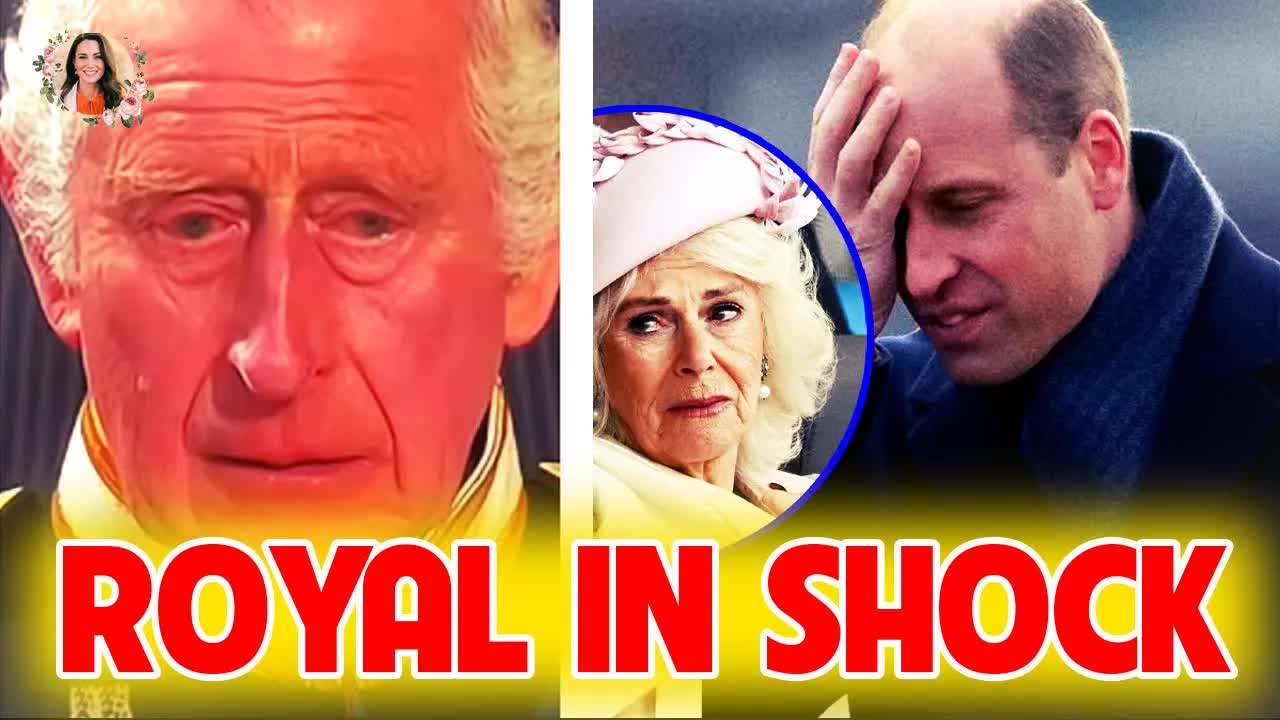Must Read
King Charles III’s Royal Temperament: A Peek Behind the Palace Walls
In the world of royalty, every action is magnified, and for King Charles III, this scrutiny can be relentless.
From his moods to his mannerisms, the king's behavior is often under the microscope, revealing a complex personality shaped by both his upbringing and current circumstances.
While everyone has their off days, Charles's moments of irritation are frequently captured and shared, making him a subject of both concern and humor.
King Charles's reputation for being somewhat moody isn't unfounded.
His late wife, Diana, once remarked on the unpredictability of his temperament, often unsure of which version of him she would encounter.
The king himself has spoken about his challenging childhood, suggesting that his past experiences have contributed to his current demeanor.
However, since marrying Camilla, there appears to be an improvement in his overall outlook, providing a glimpse of a happier monarch.
A memorable incident took place in September 2022 when King Charles was signing the visitor's book at Hillsborough Castle in Northern Ireland.
Faced with a troublesome pen, his frustration became apparent as he exclaimed, “Oh god, I hate this.
I can't bear this bloody thing.” This moment quickly went viral, showcasing the lighter side of royal life, even as it highlighted his short fuse.
Just days later, during a formal accession council ceremony, the king's annoyance resurfaced.
He was caught on camera gesturing animatedly to aides about the pen and its inconvenient placement, further solidifying his reputation for being easily irritated.
These moments, while amusing to some, reveal a deeper layer of Charles's character, one that struggles with the pressures of his royal duties.
Fast forward to more recent times, and we see another glimpse into the king's temperament during a video where he expresses frustration over his son Prince William's tardiness.
A lip reader analyzed their exchange, revealing Charles's irritation with comments like, “We can never be on time,” and “This is boring.” The internet couldn't help but weigh in, with users humorously lamenting the trials of royal life.
Prince William, in a show of defiance, has also stirred the pot by breaking royal protocol regarding travel arrangements for heirs.
This rebellious streak reportedly led to Charles requiring William to sign a waiver, acknowledging the risks associated with their unconventional choices.
The specter of a future involving Prince Harry and Meghan Markle adds another layer of complexity to the royal family dynamics.
Charles's recent cancer diagnosis has likely intensified his anxieties about mortality, prompting him to adopt a more cautious approach.
This sense of urgency may explain why his temper has been making headlines again.
Two incidents this week have drawn attention to his irritability, including a moment when he snapped at an aide struggling to help Camilla into her coat during a blustery tour.
At the state opening of Parliament, Charles's frustration was again on display.
He was seen reprimanding a page who mishandled the heavy velvet train of his ceremonial robes.
Such incidents provide a rare glimpse into the king's personality, revealing a man who demands excellence and has little patience for perceived incompetence.
Sources close to the monarchy suggest that this irascibility is not unique to Charles alone; it appears to be a trait that runs through the royal lineage.
His father, Prince Philip, had a similar temperament, and both William and Harry have shown hints of this fiery disposition.
It seems that the royal family's penchant for outbursts is almost hereditary.
Despite his occasional tantrums, many who work with Charles appreciate his dedication and preparation.
He is known for being well-informed and respectful towards those he interacts with, which raises expectations for the same level of professionalism in return.
This high standard can create a tense atmosphere in the palace, where everyone feels the weight of royal expectations.
In the end, King Charles III embodies the complexities of modern monarchy.
His journey from a troubled past to the present day is marked by moments of both grace and frustration.
As the world watches, one thing is clear: beneath the crown lies a human being grappling with the challenges of leadership and legacy.




































